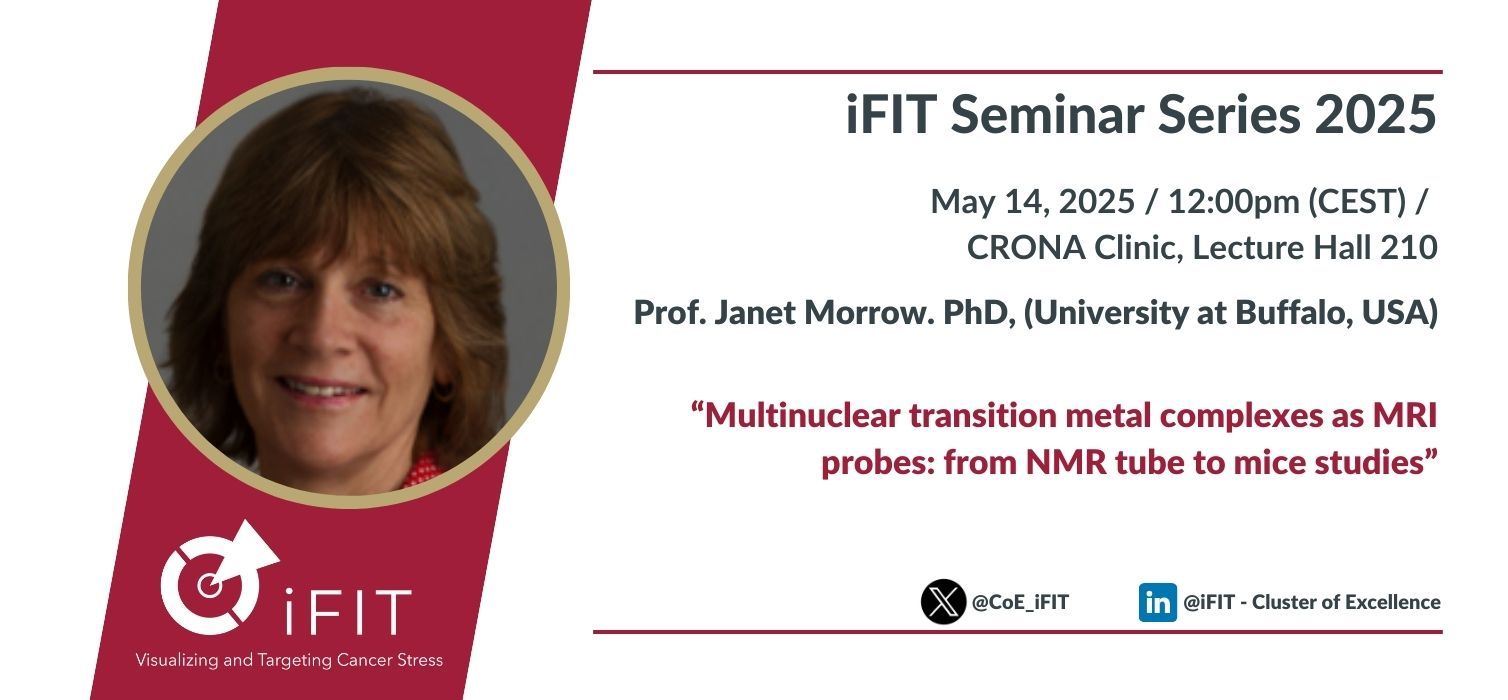iFIT Seminar Series 2025 with Prof. Janet Morrow, PhD
Multinuclear transition metal complexes as MRI probes: from NMR tube to mice studies

On behalf of the iFIT spokespersons Lars Zender, Juliane Walz and Bernd Pichler, it is our pleasure to inform you about and invite you to the next episode of our iFIT Seminar Series 2025 that will take place
on Wednesday, May 14th at 12:00 pm (CEST)
at Big Lecture Hall 210 in the CRONA (CRONA Klinik, Hoppe-Seyler-Straße 3, 72076 Tübingen).
Our guest speaker, Prof. Janet Morrow, PhD (University at Buffalo, USA) will give a talk on
“Multinuclear transition metal complexes as MRI probes: from NMR tube to mice studies”.
Paramagnetic first-row transition metal complexes are under development as magnetic resonance imaging (MRI) probes. These probes serve as alternatives to lanthanide-based contrast agents and capitalize on properties unique to the d-block elements. Our lab has focused on mononuclear complexes of iron(II)/(III), cobalt(II) and nickel(II) and more recently on multinuclear complexes of these metal ions to prepare probes that function through increased water proton relaxivity or through chemical exchange saturation transfer (CEST) mechanisms. A current focus is on transition metal coordination cages which feature multiple paramagnetic centers arranged in highly symmetrical structures to produce correspondingly large contrast enhancements. Moreover, coordination cages are promising as hosts for metallodrugs as guests that are encapsulated within the cage. Challenges in the development of multinuclear transition metal MRI probes include forming complexes with good water solubility, stability in physiological environments and controlling protein binding for optimizing pharmacokinetic clearance in mice. I will present a few examples of coordination cages, their structures, solution and host-guest chemistry and studies in mice. For example, our lab has shown that an Fe(III) cage encapsulates gold(I) drugs and facilitates accumulation of gold in murine tumors. Prospects for development of coordination cages as MRI probes for molecular imaging applications and as drug carriers will be discussed as multidisciplinary projects that provide enormous opportunities for chemists.
As a special feature of this program, the iFIT will sponsor free lunch packages! (First come, first serve)
All members of the University Hospital and University of Tübingen are invited to participate!
We look forward to this Lunch & Learn Series session and to see you there!











